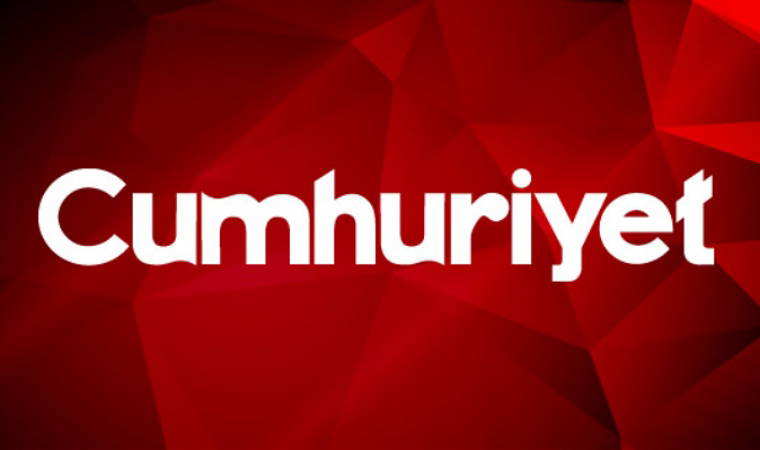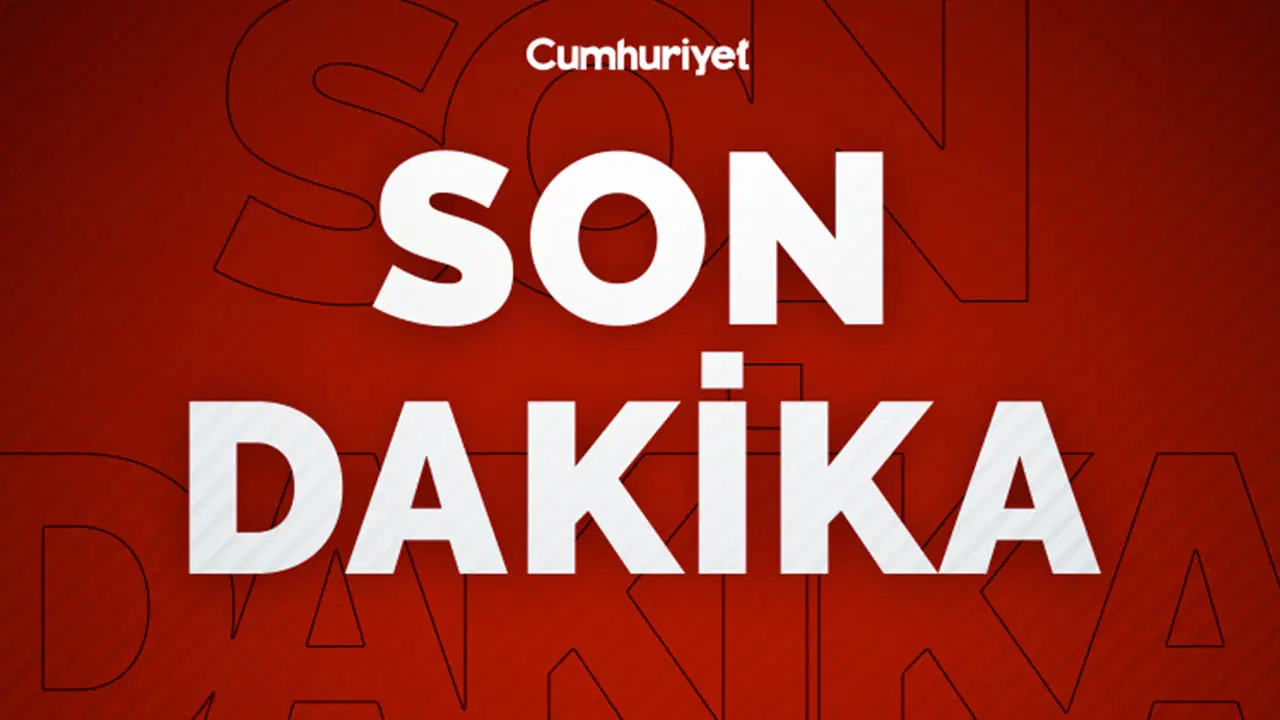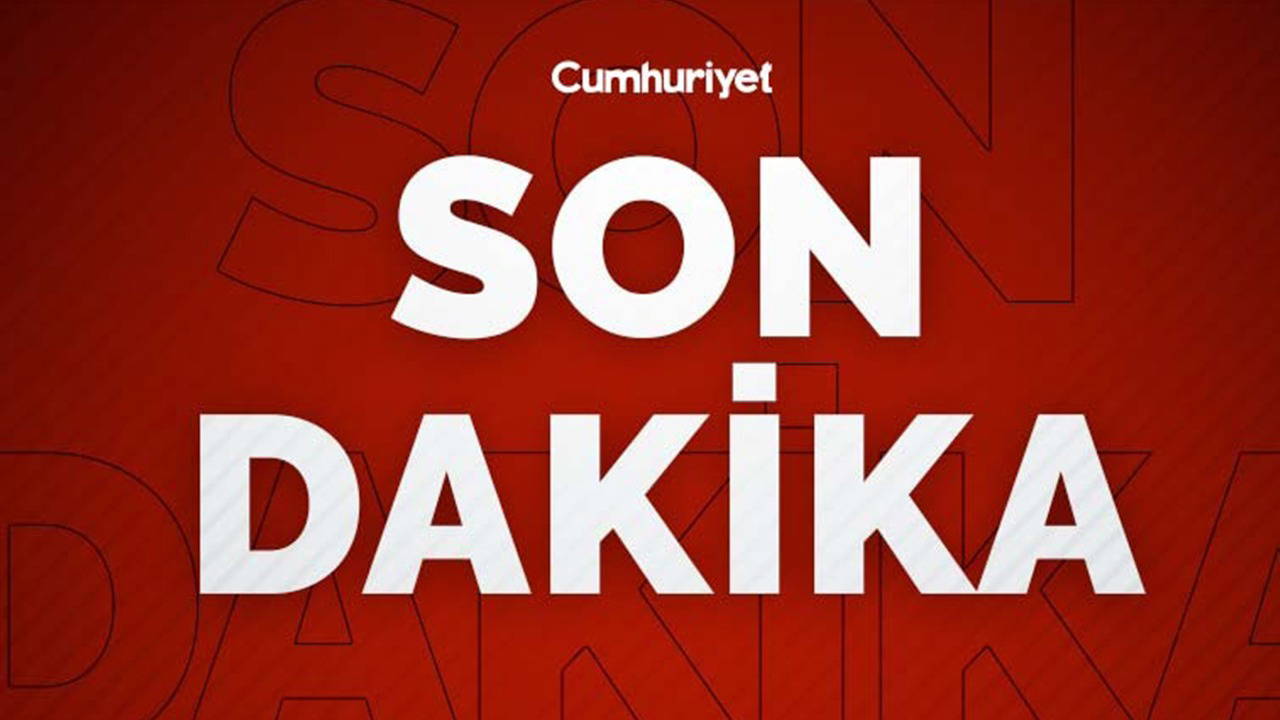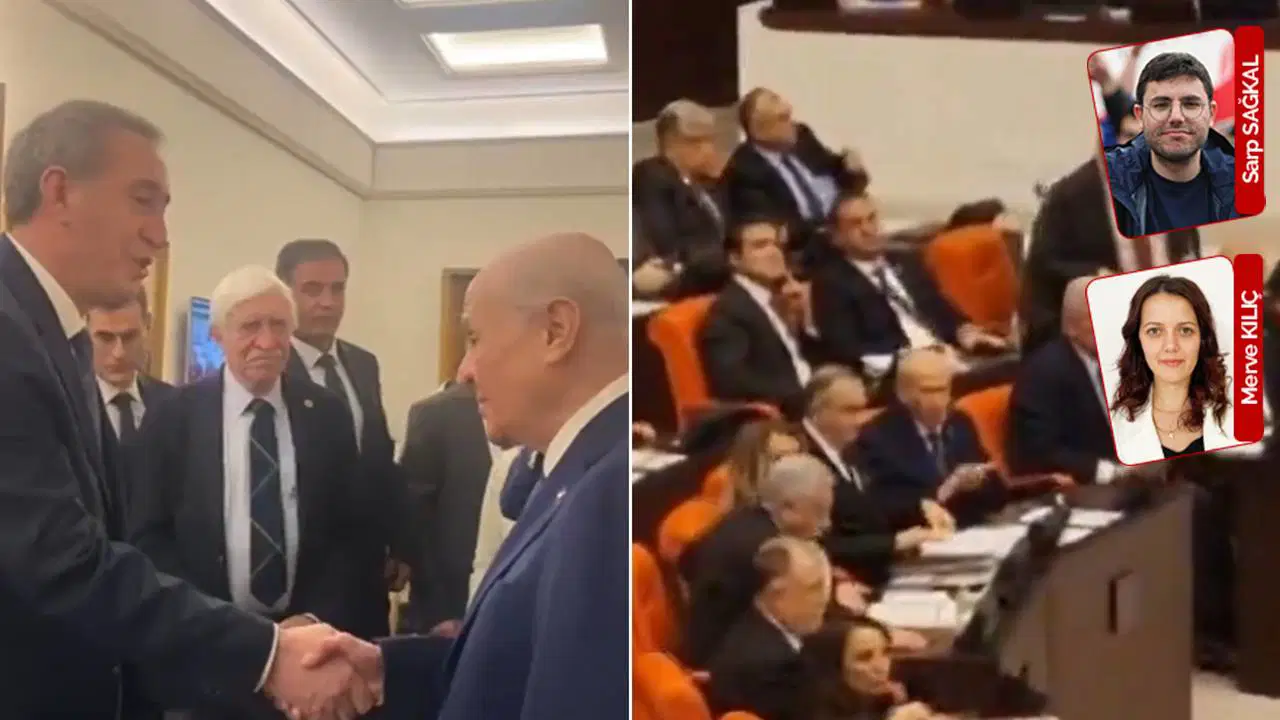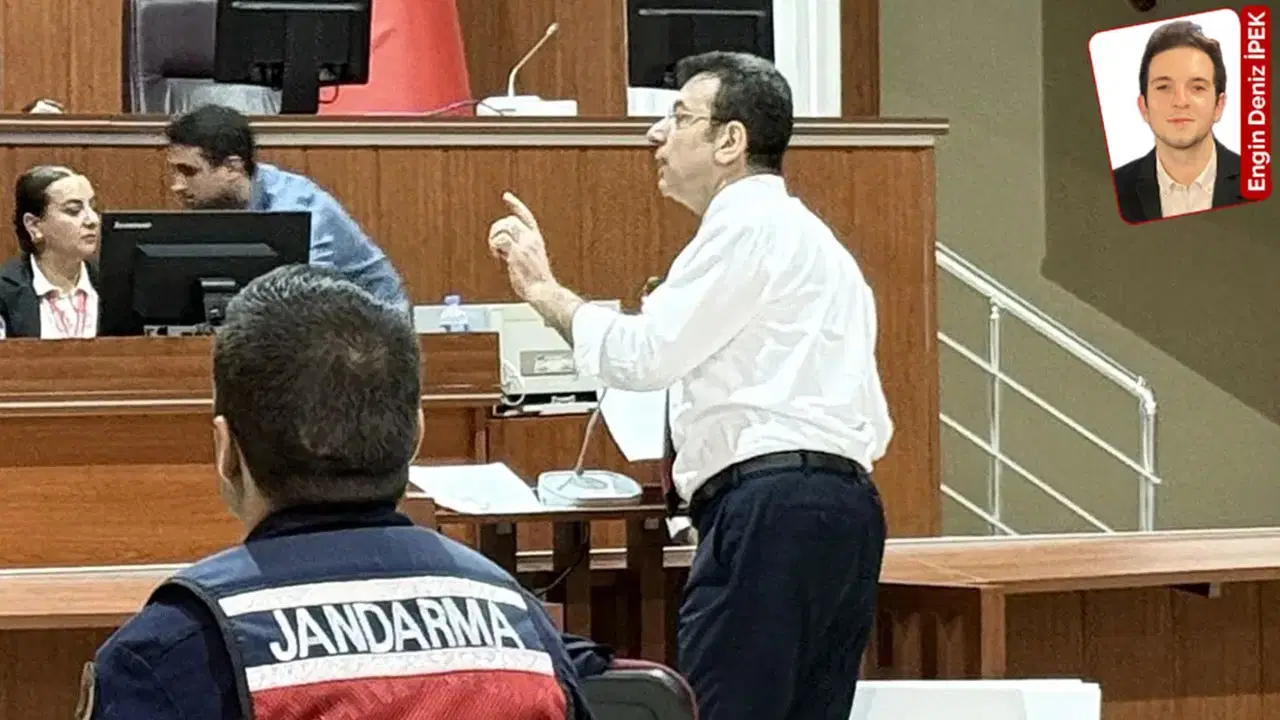 KONDA CEO Bekir Ağırdır said, “Nationalism cannot create replies to life.”
KONDA CEO Bekir Ağırdır said, “Nationalism cannot create replies to life.”
-How deep does nationalism run as a political identity in Turkey?
Ninety per cent of the electorate in Turkey defines itself as patriotic. Nationalism is to a degree an identity that is learnt by rote. In the poll we conducted in January, we asked people to define themselves as nationalist on a scale of one to ten: the Turkish average is 7, for AKP supporters it is 7.7, for Good Party supporters it is also 7, it is a bit higher for the MHP at 8.7, and also 7 for CHP supporters. So, nationalism is a very widespread identity. The parties that claim to represent nationalism politically conduct politics by rote when it comes to Turkey’s problems. What the nationalism of 2018 should be leaves them stumped.
-Which replies and what kind responses of are you speaking of?
If nationalists want to exist in Turkey’s new future they must create remedies and solutions to real problems and a new discourse. It is manifest that Turkey’s problems cannot be solved through the domination of one identity. The picture we see in polls is that there is a huge divergence among Turkish people between the set of values taking the form “good, nice, correct” and daily practice. Nationalism is not a thing that is seen or felt in daily life practices. Nationalism is more of an abstract identity learnt by rote belonging to the sphere of values and not the real sphere.
-What can be said about the sociological base of nationalist voters?
There are three geographical regions in Turkey. The first is the coast stretching from İskenderun as far as Istanbul. It is a region whose daily lifestyle has become urbanised, it is more modern and Western; its own economic dynamics and actors have grown strong and, so, the role it assigns to the state has changed and its demands have shifted to a higher level. The second is another cluster in the direction of Central Anatolia, the East and the Black Sea. It is a region whose lifestyle is traditional and conservative and whose religious sensitivities are high; whose expectations of the state for support and investment continue and whose self-sufficiency has not developed in economic terms. Then there is the Kurdish region, the most backward in economic terms, but, in one sense, where identity demands come to the fore. The nationalist line is located precisely at the transitional point between the first two regions. It is a supplementary ingredient that does not reflect either in full. The appearance of division also has to do with this situation.
-How do things currently look for the parties that court these voters?
The parties that claim to represent nationalism, unless they can come out with a new definition of nationalism, will gradually fuse either into the Ak Party or into the secular sphere. The MHP now, in standing close to the Ak Party, is fusing with it. Nationalists need to be able to become independent from the state, not just the ruling party. But, I do not imagine there to be any such debate among nationalist intellectuals. The MHP gives the impression that it will be on about five per cent and the Good Party on about twelve to thirteen per cent. These percentages will be affected by the increasing numbers of the dissatisfied.
-With things stacking up this way, what awaits Turkey after the election?
I think that both in this election process and afterwards the initiative has passed to the opposition as to what will or will not happen in the country. Even if the Ak Party-MHP stand on one side, on the opposition there is the pious people’s Felicity Party, nationalists’ Good Party, Kurds’ HDP and secular, modern circles’ CHP. I mean, in a sense, the distribution of the opposition rounds up the picture of Turkey. If they create politics to reconstruct the communal living we need in Turkey and to open a communal living space that surmounts all these identities, they will both influence the ruling party and the country will find relief. So, what the opposition does and what it can and cannot achieve is important.
-Are the figures suggestive of such a dynamic of change?
Irrespective of which poll you look at, they give a picture in which Turkish politics are frozen. We are talking about elections trapped within identities and polarisation in which essentially a census of identities will be conducted. They are giving this kind of picture this time round, too, at the starting line. But, on the other hand, looking at the facts of real life such as the problems and the difficulties that daily life throws up, there appears to be a tremendous potential for change. We are looking at a frozen sheet of ice, but there is important motion behind it. We do not know where the ice will crack, and as to how and when it will crack, this is unknown to us. If this election is a frozen-over election the picture will not change greatly, but Turkey cannot sustain this picture. 24 June will be the dress rehearsal for the real election.
KONDA'dan 'milliyetçi seçmen' analizi: MHP ve İYİ Parti'nin oy oranı ne kadar?











